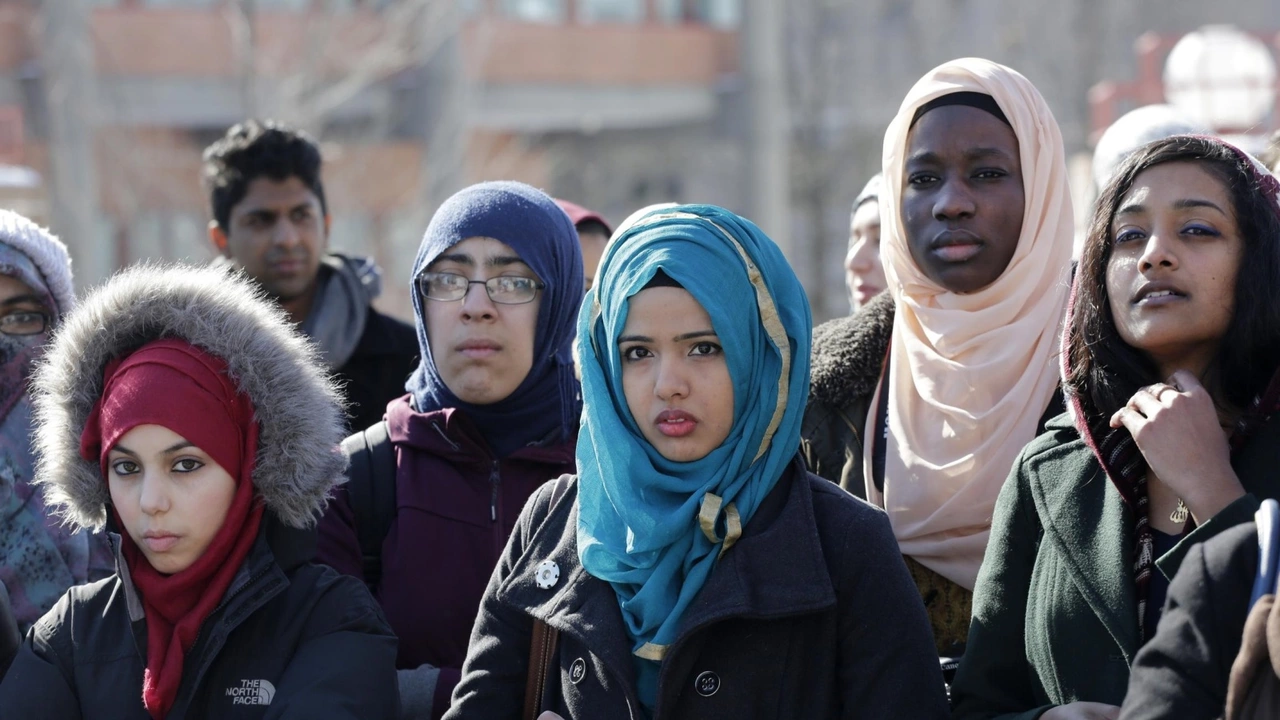Well‑Educated Muslim Women: Real Talk and Helpful Tips
Ever wondered how Muslim women combine school, work, and faith without losing their spark? You’re not alone. Many sisters out there are juggling books, jobs, family, and prayer, and they have tricks that work. This page shares why learning matters, how to keep growing, and where to find support.
Why education matters for Muslim women
Education isn’t just a piece of paper; it opens doors to better jobs, stronger voices in the community, and deeper understanding of the Qur’an. When a woman reads, she can explain verses to her kids, help her family make informed choices, and challenge stereotypes. Look at scholars like Fatima al‑Fihri, who founded the world’s first university, or modern figures such as Dr. Hina Ali, a medical researcher. Their stories show that knowledge and faith go hand‑in‑hand.
Studies in India and elsewhere show that Muslim women with higher education earn more and report higher life satisfaction. That’s not a mystery – education gives tools to negotiate salaries, start businesses, or lead community projects. It also lets women speak up for rights while staying rooted in Islamic values.
Practical steps to keep learning
1. Set a small daily goal. Even 15 minutes of reading a Qur’an translation, an article on women’s health, or a professional blog adds up. Use a phone app to track progress.
2. Join a study circle. Many mosques host halaqas on topics like finance, science, or Arabic. Being part of a group keeps you motivated and lets you ask questions without judgment.
3. Take online courses. Platforms like Coursera, edX, and local Indian universities offer free or low‑cost classes. Look for courses on entrepreneurship, IT, or Islamic history – they’re useful for work and personal growth.
4. Find a mentor. A teacher, older sister, or professional who shares your faith can guide you through career moves or study challenges. A quick chat over tea can give you a new perspective.
5. Balance with worship. Schedule your study time around salah. For example, read after Fajr when the mind is fresh, or reflect on a lecture after Maghrib. This way learning feels like part of your worship, not a distraction.
6. Share what you learn. Write a short blog post, post a tip on social media, or teach a younger cousin. Teaching reinforces your own knowledge and builds a supportive network.
7. Stay mindful of mental health. Burnout can happen if you try to do everything at once. Take breaks, pray, and talk to friends when you feel overwhelmed.
Remember, every step counts. You don’t need a PhD to be a well‑educated Muslim woman; consistency and intention are enough. Look at the stories on our site – from a hijab‑wearing teacher in the US to a businesswoman running a startup in Delhi – they prove that faith and education can thrive together.
Ready to start? Pick one of the tips above, set a timer for 15 minutes, and begin. Your future self will thank you.
What do well-educated Muslim women think of Islam?
Posted by Zayn al-Amin with 0 comment(s)
In my recent exploration of the perspectives of well-educated Muslim women on Islam, I found that these women generally have a strong connection to their faith, appreciating the guidance and values it provides. Many emphasize the importance of education and gender equality within the religion and are proud to be part of a faith that celebrates these principles. However, they also express concerns about the misinterpretation of Islamic teachings, leading to oppression and discrimination against women in some societies. They advocate for a better understanding of Islam's true message and strive to challenge stereotypes and misconceptions. Overall, well-educated Muslim women embrace their religion and seek to promote a more accurate and positive representation of Islam in the world.
view more